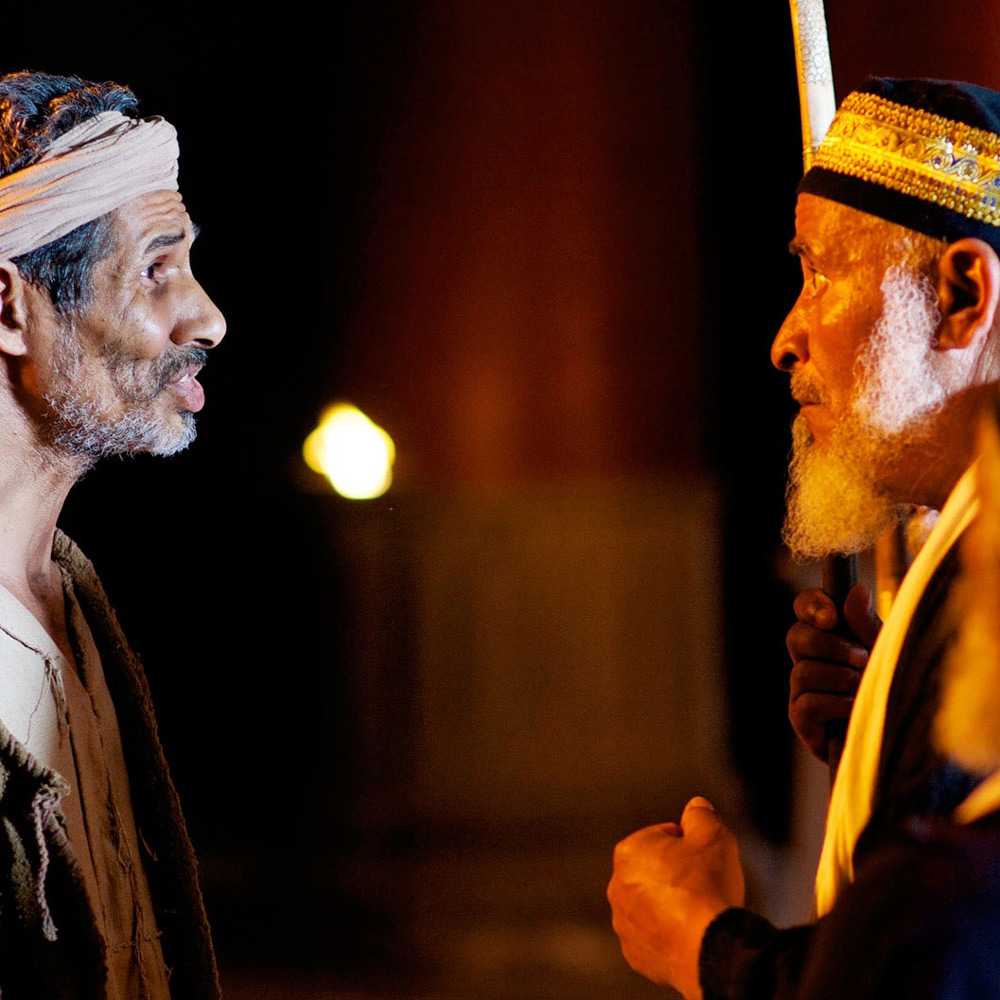 ELLEN G. WHITE
ELLEN G. WHITE
“Now as Jesus passed by, He saw a man who was blind from birth. And His disciples asked Him, saying, “Rabbi, who sinned, this man or his parents, that he was born blind?”
Jesus answered, “Neither this man nor his parents sinned, but that the works of God should be revealed in him. I must work the works of Him who sent Me while it is day; the night is coming when no one can work. As long as I am in the world, I am the light of the world.”
When He had said these things, He spat on the ground and made clay with the saliva; and He anointed the eyes of the blind man with the clay. And He said to him, “Go, wash in the pool of Siloam” (which is translated, Sent). So he went and washed, and came back seeing”.
or the first time the blind man looked upon the face of his Restorer. Before the council he had seen his parents troubled and perplexed; he had looked upon the frowning faces of the rabbis; now his eyes rested upon the loving, peaceful countenance of Jesus. Already, at great cost to himself, he had acknowledged Him as a delegate of divine power; now a higher revelation was granted him.
To the Saviour’s question, “Dost thou believe on the Son of God?” the blind man replied by asking, “Who is He, Lord, that I might believe on Him?” And Jesus said, “Thou hast both seen Him, and it is He that talketh with thee.” The man cast himself at the Saviour’s feet in worship. Not only had his natural sight been restored, but the eyes of his understanding had been opened. Christ had been revealed to his soul, and he received Him as the Sent of God.
A group of Pharisees had gathered near, and the sight of them brought to the mind of Jesus the contrast ever manifest in the effect of His words and works. He said, “For judgment I am come into this world, that they which see not might see; and that they which see might be made blind.” Christ had come to open the blind eyes, to give light to them that sit in darkness. He had declared Himself to be the light of the world, and the miracle just performed was in attestation of His mission. The people who beheld the Saviour at His advent were favored with a fuller manifestation of the divine presence than the world had ever enjoyed before. The knowledge of God was revealed more perfectly. But in this very revelation, judgment was passing upon men. Their character was tested, their destiny determined.
The manifestation of divine power that had given to the blind man both natural and spiritual sight had left the Pharisees in yet deeper darkness. Some of His hearers, feeling that Christ’s words applied to them, inquired, “Are we blind also?” Jesus answered, “If ye were blind, ye should have no sin.” If God had made it impossible for you to see the truth, your ignorance would involve no guilt. “But now ye say, “‘We see,’” you believe yourselves able to see, and reject the means through which alone you could receive sight. To all who realized their need, Christ came with infinite help. But the Pharisees would confess no need; they refused to come to Christ, and hence they were left in blindness,—a blindness for which they were themselves guilty. Jesus said, “Your sin remaineth.”